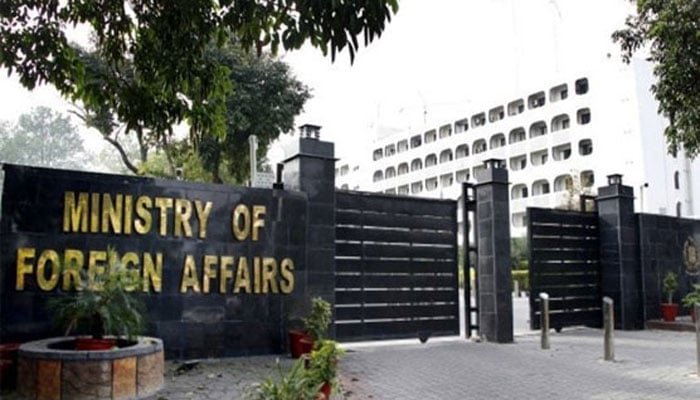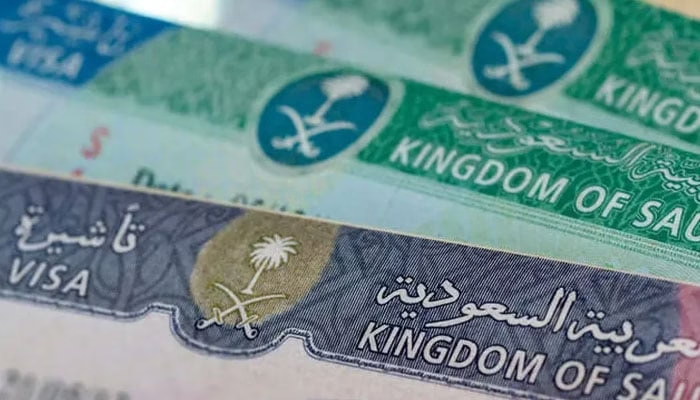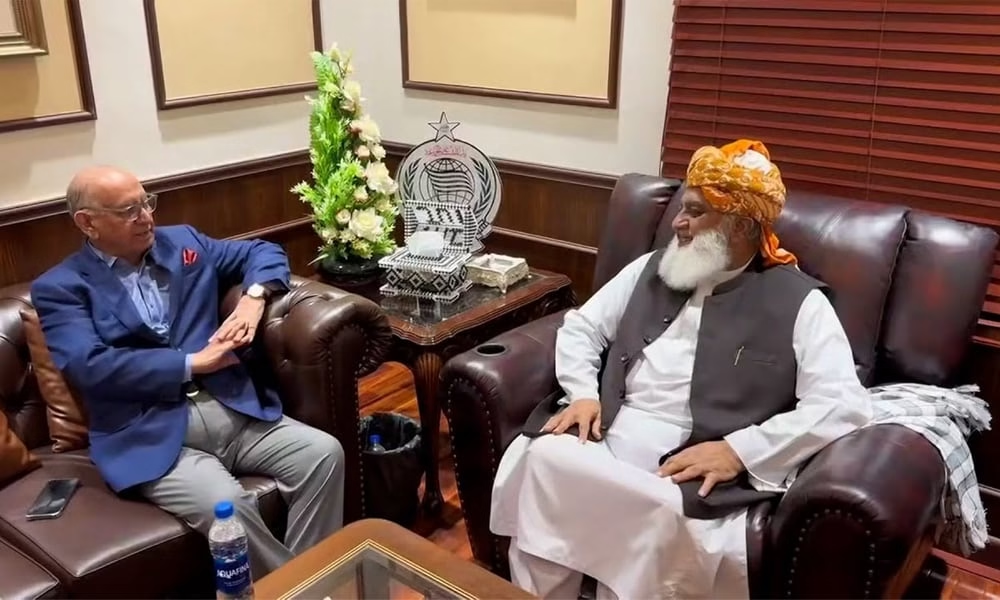The spokesperson for the Ministry of Foreign Affairs has officially confirmed Pakistan’s receipt of a request from India regarding the extradition of Hafiz Saeed. In a statement, the spokesperson acknowledged that Pakistan had received the extradition request related to the case of alleged money laundering involving the designated individual.
The extradition request submitted by India pertains to the ongoing case of Hafiz Saeed’s involvement in alleged money laundering, with the spokesperson emphasizing that there is no bilateral extradition treaty between Pakistan and India.
The confirmation comes amidst heightened tensions between the two neighboring countries, particularly regarding cross-border issues and the long-standing disputes over certain individuals, including Hafiz Saeed, who is associated with Jamaat-ud-Dawa (JuD) and Lashkar-e-Taiba (LeT). Hafiz Saeed, designated as a global terrorist by the United Nations, has been a contentious figure in India-Pakistan relations.
The spokesperson’s acknowledgment of the extradition request underscores the importance of legal procedures and diplomatic engagement in addressing such matters. The absence of a bilateral extradition treaty between Pakistan and India adds complexity to the process, requiring careful consideration and adherence to international legal norms.
The statement also highlights the multifaceted nature of India’s request, framed within the context of money laundering charges, suggesting a broader legal framework at play. It indicates the willingness of both countries to utilize legal channels to address concerns related to individuals involved in alleged criminal activities.
As the diplomatic discourse unfolds, the confirmation of the extradition request adds a layer of complexity to the ongoing dynamics between India and Pakistan. The situation calls for a nuanced approach, considering legal intricacies and international norms, as both countries navigate this latest development in their bilateral relations.



